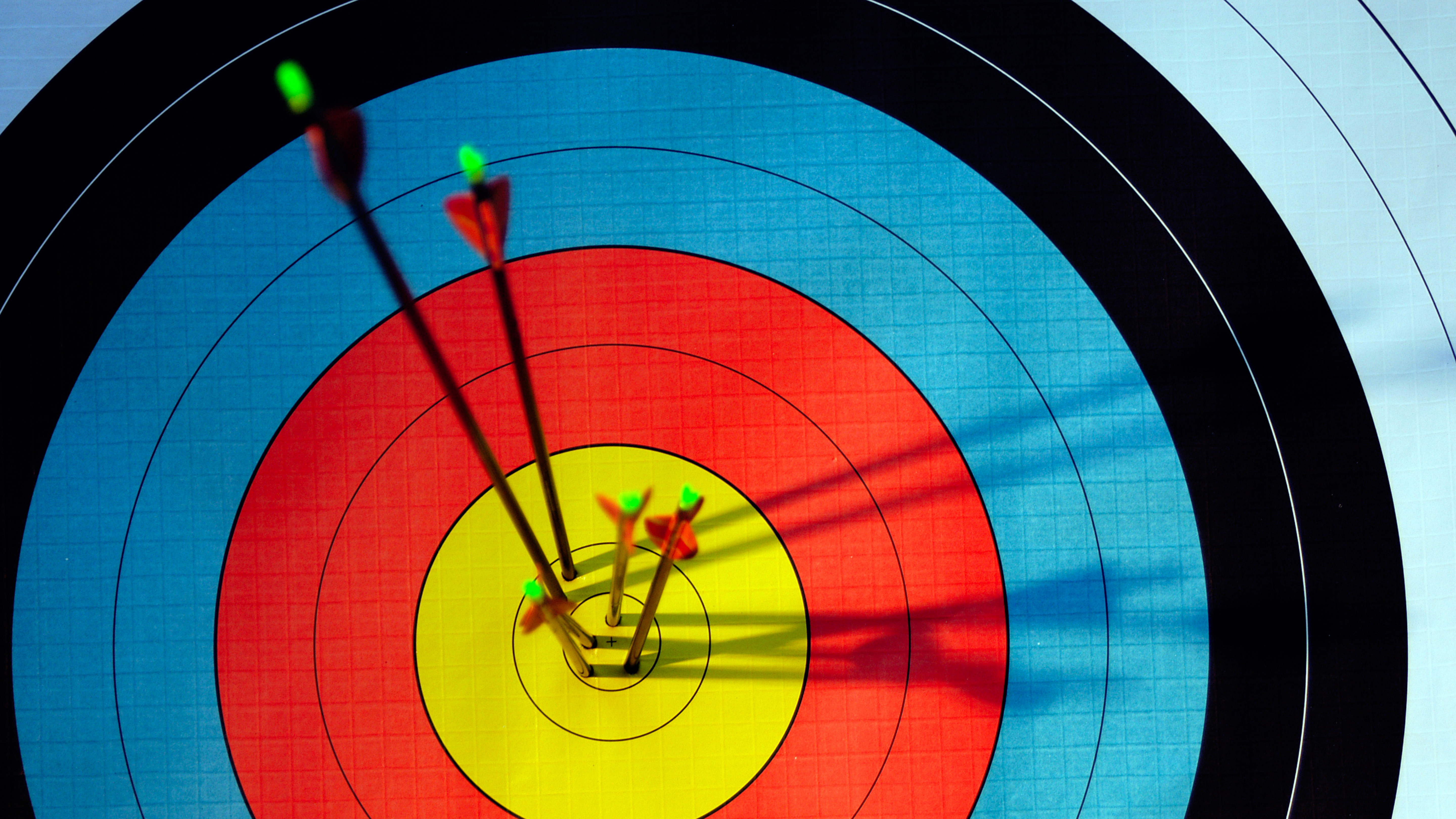Every one of us is endowed with a certain amount of attention and energy and that allotment varies at any given time. Compare the condition of your attention after you have been up all night to when you’ve had a good night’s sleep and feel refreshed.
Or notice how easily your attention becomes exhausted if I ask you to pat your head and rub your belly while counting backward from one thousand by fours. If you ever heard yourself say, “Don’t bother me right now?” It is probably because your allotment of attention has been spent.
Our attention is a limited resource and just like our finances, it is vitally important that we learn to manage it well. After all, we do have to pay attention to the things that matter most to us; but we also know how challenging that can be at times.
Distractions are the single greatest challenge draining our attention and costing us precious time and energy. There are several types of common distractions and learning to manage them is key to effectively reclaiming our attention and energy.
Physical distractions including noise from the outside world such as horns honking, fans blowing, email PINGING, and visual distractions such as clutter all withdraw precious units of our attention. Limit physical distractions by turning off the email ping, closing the door, cleaning the desk off, or turning off the noisy fan.
Physiological distractions such as hunger, lack of sleep, stress, or emotional upset all cost our attention. Our brains are designed to ensure our survival and these physiological distractions activate our survival response making any challenge seem so much worse. These brain mechanisms are there to help you survive so Eat, Relax, Rest, and Regulate (ERRR!) instead of trying to power through it.
Cognitive distractions include what is going on between your ears while you are trying to focus. For example, if you are thinking about work while on a holiday or thinking about an upcoming holiday while at work. In either case, your full attention isn’t available, and you may be missing out on what is actually occurring.
This is the biggest area of distraction for most of us, and happily the one we have the most control over. Cognitive distractions are a bit like having a hole in your money bag as you walk down the street. You are slowly draining a limited resource and you may find you have nothing left to spend just when you need it the most.
Here are 7 simple strategies you can invest in to save your attention:
- Do a Mind-Sweep to clear your mind (list out all of your to-dos, personal and professional)
- Break down a larger task/project into smaller bite-size pieces
- Create Procedures and Protocols
- Take a break
- Plan ahead– Block time on your calendar
- Practice heart-focused breathing
- Meditate
Remember, where we place our attention is where we place our energy. What are you paying attention to? You wouldn’t spend your hard-earned money on low-value merchandise so why allow your attention to be spent on low-value distractions?
Author – Anne McGhee-Stinson
Managing Partner & Director of Practice, InteraWorks
About InteraWorks
InteraWorks is a global learning company on a mission to elevate the human experience at work. Specializing in professional development and performance enablement, we offer top-rated learning programs based on four defined conditions that must exist for individuals, teams including Effective Edge, Best Year Yet, and the Essentials series. Our integrated learning framework and online tools generate immediate and sustainable breakthroughs in performance. Through decades of working at all levels in enterprise companies across many industries, we’ve built a reputation for helping people and organizations harness their focus, mindset, talent and energy to produce results that matter most.
We’ve defined four conditions that must exist for an individual, team or organization to be effective within the arena of performance and development; Accountability, Focus, Alignment, and Integrity. We’ll continue to explore these and more in our blog and look forward to your engagement and interaction with us. Stay tuned as we engage the edges.

